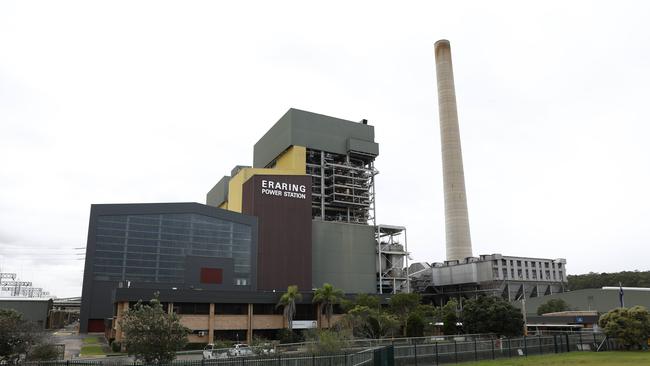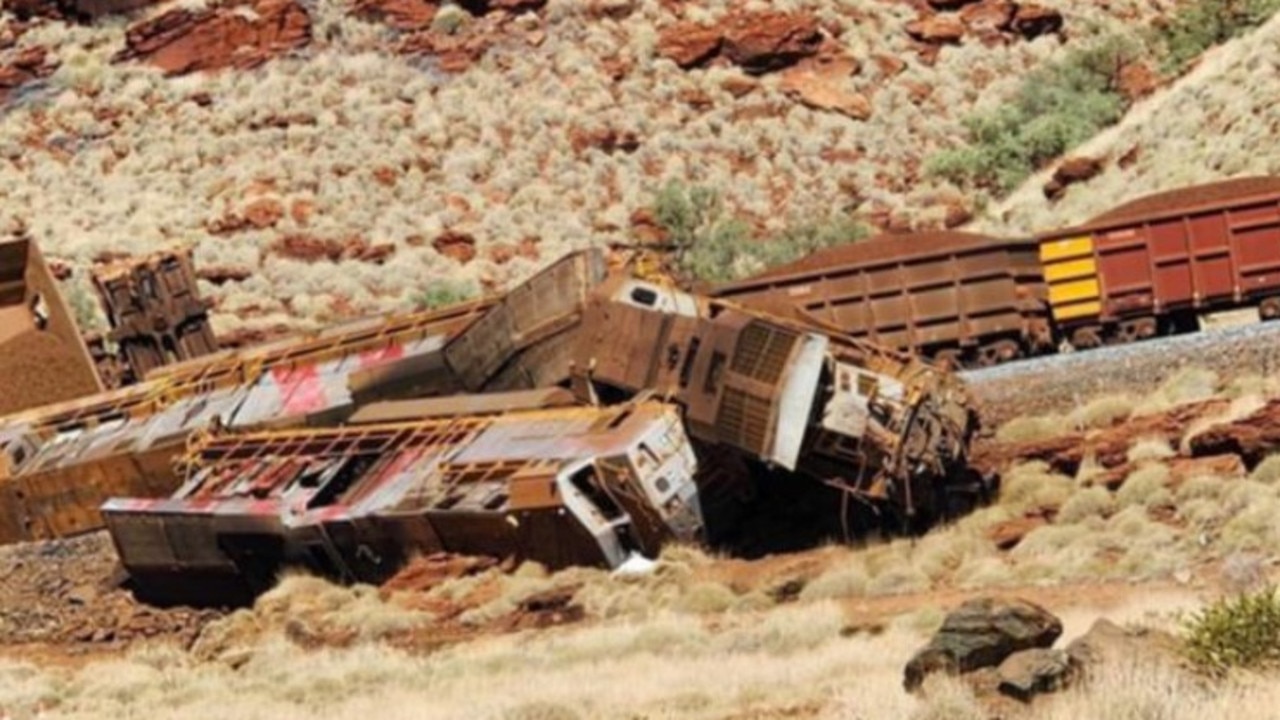Power policy war a multibillion-dollar threat, say energy bosses
Business leaders have called for energy policy stability in the face of the federal Opposition Leader’s threat to tear up Australia’s binding 2030 carbon emissions targets.

Business
Don't miss out on the headlines from Business. Followed categories will be added to My News.
Senior business leaders have called for energy policy stability in the face of Peter Dutton’s threat to tear up Australia’s binding 2030 carbon emissions targets if he becomes Prime Minister, saying a new round of climate policy wars will threaten billions in energy investment.
The federal opposition leader has instead pinned the coalition’s energy policy to the eventual rollout of baseload nuclear power stations to meet Australia’s net zero ambitions by 2050.
Mr Dutton’s comments have reignited the long-running political battle over energy policy, sparking a call for policy stability from industry leaders this week. The Liberal leader said on Wednesday that Labor’s energy policy was a “wrecking ball through the Australian economy”.
Speaking at the annual Australian Energy Week conference in Melbourne on Wednesday, AGL chief executive Damien Nicks said Australia must have energy policy stability in order to attract the billions of dollars of investment needed to transition Australia’s energy grid away from fossil fuel sources.
Mr Nicks said Australia needed “stability in policies so that we can all get behind making billions of dollars of investment in this market.”
“We need all stakeholders working together … this is an enormous transition … we all need to co-ordinate to ensure we do this as efficiently as possible,” Mr Nicks said.
McKinsey & Company partner Victor Finkel said the consulting firm’s latest modelling suggested Australia would need to attract about $200bn in capital to invest in transmission lines and renewable generation by 2035 to keep the country’s energy networks on track for net zero by 2050.
“And this doesn’t mean it’s not the cheapest option. A system with solar and wind backed up by storage and peaking gas is the cheapest system we can get,” he said.
And, despite Mr Dutton’s criticism that Anthony Albanese’s Labor government has no prospect of achieving a 43 per cent emissions cut by 2030, senior energy industry chief executives said on Wednesday they believe the interim target is still within reach.
Origin Energy boss Frank Calabria said the timeline was “very tight” and would rely on the speedy roll out of transmission infrastructure.
“It is very tight. It is very challenging but it is too early for me to call yet,” Mr Calabria told The Australian.
“Everyone understands that it is becoming challenging, and it’s critical that therefore, a lot of the enabling infrastructure gets in by that stage.”
Speaking on the sidelines of the conference, Transgrid boss Brett Redman said he also believed the current carbon emission targets were important and “broadly achievable”.
Despite recent announcements that some coal-fired power plants will stay open for longer than initially anticipated – with a two year deal to keep Origin’s Eraring plant operating until 2027 the most recent – the Australian Energy Market Operator is still forecasting Australia’s coal fired fleet to be retired by 2038.
But Mr Redman said the most important factor in Australia’s energy transition was to make sure the construction of renewable energy generation and infrastructure stays ahead of the closure of the coal-fired generation fleet.
“We can certainly get there for 2050. As for the near term targets, I actually think the thing to really think about is staying ahead of coal closure. Targets are very important, they focus the system and the mind,” Mr Redman said.
“And I do think they’re broadly achievable. But Why are these targets important? Because we have to stay ahead of coal closure. If we stay ahead of coal closure we’re meeting the targets, and vice versa.”
Originally published as Power policy war a multibillion-dollar threat, say energy bosses


